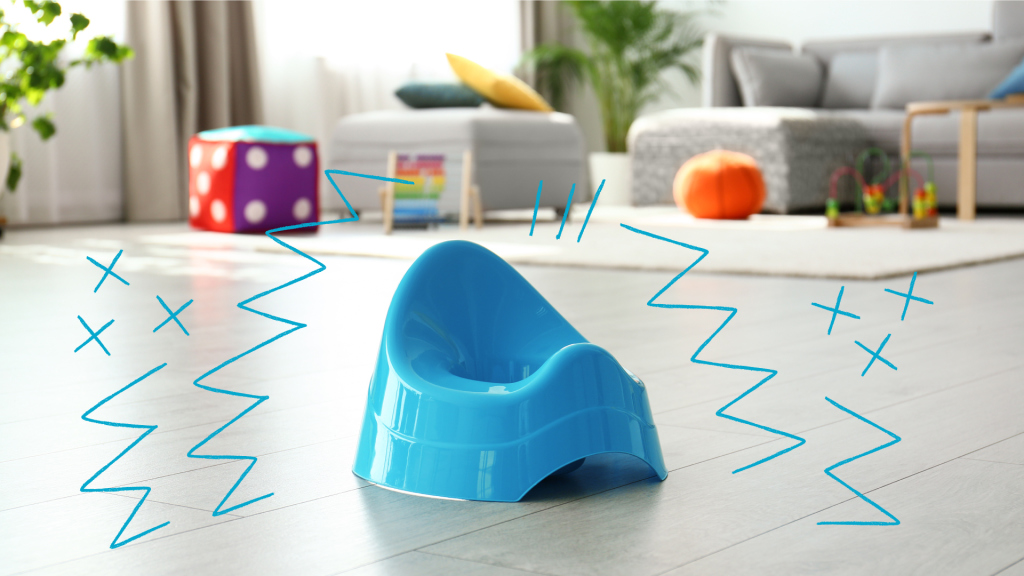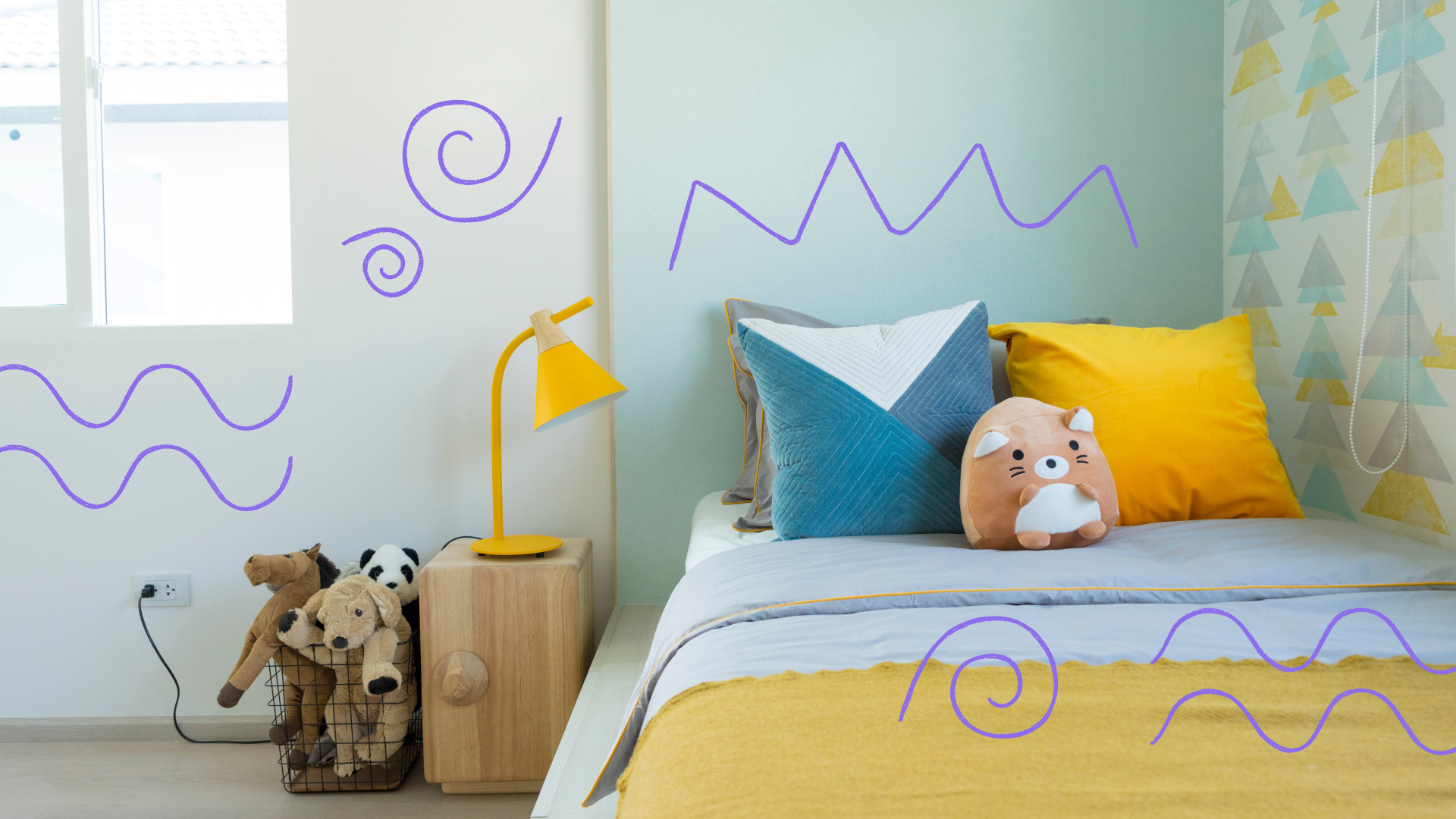
- 2 mins
Potty Training Regression – Helpful Tips for Parents and Caregivers

Changing clothes and bed sheets in the middle of the night is something that any parent deals with at some stage of their child’s development. However, if a young child occasionally wets their bed at night while still learning bladder control, it is easier to be understanding and supportive than when an older child frequently wets their bed long after being potty-trained.
According to the DSM-V, bedwetting, or enuresis, is defined as a child older than five years who repeatedly wets their clothes or bed. Enuresis does not necessarily only occur at night, and it may even happen intentionally. Regardless, it is recommended that parents consult with their child’s pediatrician if they are concerned about bedwetting. This is so that any medical conditions can be ruled out first.
Frimain (1986) writes that bedwetting in itself does not physically or emotionally hurt an individual, but the reaction of family members or peers could have a significant impact on them. A child who struggles with bedwetting may often feel embarrassed and frustrated with themselves. Family members can then add additional stress to a child if it is evident that they may feel agitated or even annoyed with their child for wetting their bed at night.
Children must be well hydrated but often forget to drink during the day. This may lead to a child feeling thirsty before bedtime, which is not ideal if they have a hard time with bladder control during the night. Remind your child to have frequent drinks throughout the day, but then keep fluids to a minimum in the evening. It may be easier to be consistent if you have a fixed rule. For example, no more fluids after 6pm. You’d need to consider your child’s bedtime, but try not to let them drink within an hour of sleep.
While it may seem obvious to expect a child to go to the toilet as part of their nighttime routine, it might be that they do not feel the need to use the toilet at the time. Create a habit where toileting is the last part of the night routine before your child sleeps. It is often more convenient to brush teeth, go to the toilet and then read stories, etc. But expecting a child to empty their bladder right before sleeping will help them to be more successful with waking up dry.
Parents usually only go to bed a couple of hours after their children. Take your child to the toilet just before you go to bed. It may be a bit of a hassle, but if it saves you from having to change their clothes and bed sheets during the night, it is worth it. If you have tried this and they still wet their bed, consider setting an alarm to take them to the toilet during the night. Try and be consistent with it as it will help your child to start creating those habits of getting up and going to the toilet.
Keeping up to date with washing is always a challenge! If you add bedding to your daily pile of washing, it can become quite overwhelming. Consider a waterproof cover to keep mattresses dry and perhaps waterproof underwear to prevent urine from getting the bed wet.
Ultimately, we want our children to be successful and confident. For a child, it’s anxiety-provoking to think about sleepovers, school camps, and family getaways when they are worried about bedwetting. Talk to your child and reassure them that you care about them and that bedwetting does not define them. Be open and approachable so that they know they can talk to you freely. Remind them that you will support them in finding ways to manage and overcome these challenges.
Friman P. C. (1986). A preventive context for enuresis. Pediatric clinics of North America, 33(4), 871–886.
Sinha, R., & Raut, S. (2016). Management of nocturnal enuresis – myths and facts. World journal of nephrology, 5(4), 328–338.